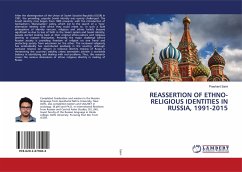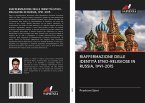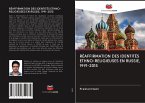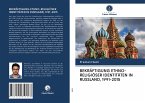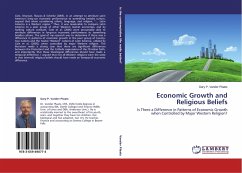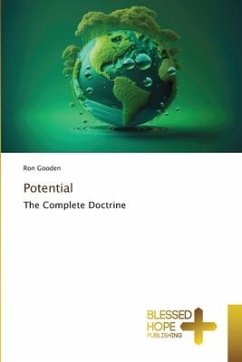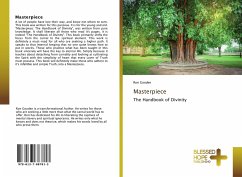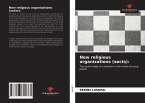After the disintegration of the Union of Soviet Socialist Republics (USSR) in 1991, the prevailing, popular Soviet identity was openly challenged. The Soviet identity crisis began from 1985 onwards, with the introduction of Gorbachev¿s ¿liberalisation¿ policy, which led to the search of a ¿new¿ alternative identity with which they could relate to. In such a fluid atmosphere of identity vacuum, religious and ethnic beliefs became significant as due to loss of faith in the Soviet system and Soviet identity, people started looking back at their original ethno-culture and religious identity to reassert themselves. Presently the major challenge before Russian society is providing freedom of religion on one hand and protecting society from extremism on the other. The increased religiosity has undoubtedly has contributed positively in the country, although exclusive reliance on religion in national identity making of Russia is threatening the country's stability unless lawmakers achieve a workable balance in identifying and dealing with real problems. Thus, this research covers the various dimensions of ethno religious identity in making of Russia.
Hinweis: Dieser Artikel kann nur an eine deutsche Lieferadresse ausgeliefert werden.
Hinweis: Dieser Artikel kann nur an eine deutsche Lieferadresse ausgeliefert werden.

